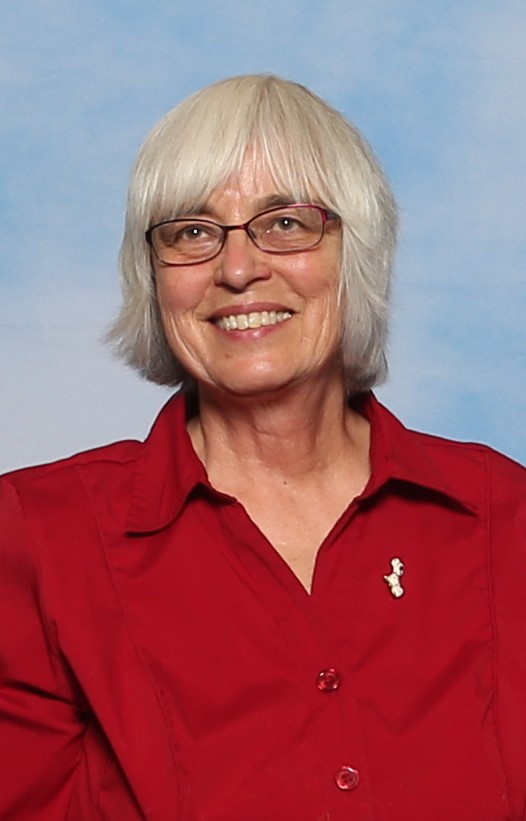Apply now to join our next cohort of Community Science Fellows and Community Leads!

Due to recent industrial development and general overdevelopment in the Duwamish Valley area, community members are seeking more information regarding their environmental health and safety. The Duwamish Valley Neighborhood Preservation Coalition (DVNPC) plans to utilize a technical expert(s) to increase community outreach and understanding surrounding industrial pollution and the impacts of overdevelopment in the South Park neighborhood. Additionally, the technical expert will assist in educating the neighborhood about the potential presence of cultural deposits. Ultimately, DVNPC aspires to educate the community in order to inspire action to preserve and protect their neighborhood, increase awareness with political officials, and hold industrial developers accountable.
Formed as a nonprofit organization in 1992, the Duwamish Valley Neighborhood Preservation Coalition (DVNPC) promotes affordable home buying opportunities in the Duwamish River communities of South Park, Georgetown, and Tukwila. As the project’s focus, the community of South Park represents one of the earliest settled in the Seattle area and a home for immigrant and indigenous laborers. Their common thread was the rich and unspoiled lands. As well, it is believed that there are significant cultural and archaeological deposits of the Duwamish people located within the lower section of the neighborhood’s land.
In recent years, South Park has been haphazardly rezoned to become a site of growing industrial development, high-density housing, and brownfields, putting both the Duwamish River wetlands and the diverse community of 3000 residents that live near them at risk. Previously, DVNPC has worked with local environmental justice groups to monitor air pollution near a paint factory, resulting in the discovery of toxic pollutants and the closure of the development. In partnership with Thriving Earth Exchange and the Anthropocene Alliance, DVNPC seeks to protect their community from pollutants once again, by assessing industrial pollutants and expanding education on existing brownfields and cultural deposits.
Additional information: https://southparkhistory.com
The community would like to increase awareness among key political stakeholders (City of Seattle, City of Tukwila, King County) about the threats of industrial pollution and the impacts of overdevelopment in the South Park neighborhood. Ultimately, DVNPC seeks to develop a communal understanding that will result in accountability by developers and better protection for their community’s health and livelihood. Additionally, the community seeks to assess and share information around the existing cultural deposits in the area, demonstrating the deleterious impacts the new impending development could have if pursued.
Key stakeholders for the project will include South Park residents, industry representatives, and political leaders. As well, the Duwamish Valley Neighborhood Preservation Coalition (DVNPC) plans to utilize a technical expert and her/his potential network to collect and share data.
A successful project will produce a clear and shareable document(s), like an op-ed, on the threats of industrial pollution and overdevelopment as well as the potential cultural deposits in the area. This document will be a tool for community outreach with the goal of spurring the protection of the health of both residents and Duwamish river wetlands. As well, it will be used to guide community actions, such as starting dialogue with government officials and/or creating a documentary on the conditions of the neighborhood. DVNPC seeks to achieve action through both individual actions and community measures.
The project has no strict timeline, but the team seeks to act proactively and with urgency as the community is being impacted already. Ideally, the project will align with the special election taking place in mid-February of 2023.

October Birthday Bouquet Sketch, 2021. Copyrighted. Penni Cocking.
Penni Cocking has lived in the South Park area for 30 years. She is a visual artist and community activist. Longstanding community member of Historic South Park enjoying the wonder/beauty of living in my 1893 home and learning about the community history and South Park’s place in Washington State’s agricultural history. Mother and Grandmother. Fine Artist using many mediums and methods from floral designs along with fiber art, free form and traditional basketry to all types of painting and drawing. I am currently studying architecture of historic French farm buildings and beauty of vernacular building methods in Europe. Passions: Historic Preservation. Appreciation of horticulture and the natural world.Helping my 4 yr. old grandson enjoy and learn to make clay sculptures.

Nadine Morgan is a retired CPA and holds a degree in Business Administration from the University of Washington and an MBA in Taxation from Golden Gate University. Since retiring from public accounting, she has become a housing provider. She also was a founding member and continues to serve on the Board of the Duwamish Valley Neighborhood Preservation Coalition (DVNPC) and has also been a long time member of the HomeSight Board. Both organizations work to preserve and promote economically and culturally diverse communities through affordable homeownership. DVNPC is active in the Seattle neighborhoods of South Park, Georgetown, and in part of Tukwila and King County. In her younger years, Nadine was a frequent hiker and backpacker and still immensely appreciates the outdoors and promotes a clean environment. Now, in her free time, she enjoys showing and training her Dalmatian dogs.
Dr. Rishi Sugla is a research scientist at the University of Washington Climate Impacts Group. His work is transdisciplinary and combines elements of science, marine ecology, environmental justice, and storytelling/communications. Rishi is interested in how historic legacies of inequity and oppression can be addressed throughout the process of creating and implementing climate adaptation plans. He has worked closely with frontline communities struggling against extractive industries and climate impacts to build collective power.

Halle Race Bradshaw (she/her) holds a B.S. and M.S. in Environmental Sciences from Emory University. During her time in Atlanta, she had the opportunity to attend the COP24 conferences in Katowice, Poland, spurring her interest in climate policy and justice. Currently, she works for the American Red Cross as an Engagement Specialist and continues to explore climate justice as a team member of the AmpliFIRE podcast series. She is passionate about community-driven, equitable climate action.
Anthropocene Alliance (A2) has more than 100 member-communities in 35 U.S. states and territories. They are impacted by flooding, toxic waste, wildfires, and drought and heat — all compounded by reckless development and climate change. The consequence is broken lives and a ravaged environment. The goal of A2 is to help communities fight back. We do that by providing them organizing support, scientific and technical guidance, and better access to foundation and government funding. Most of all, our work consists of listening to our frontline leaders.
(c) 2024 Thriving Earth Exchange